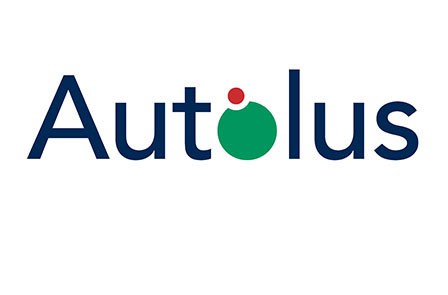
UK biotech Autolus seems to be on track to develop a next generation of safer and equally, if not more, efficacious CAR-T therapies.
The company presented new data this week at the American Association of Cancer Research (AACR) congress for AUTO1, a CD19 CAR-T cell investigational therapy, which is in testing for adults with acute lymphoblastic B cell leukaemia (ALL).
While Novartis has pioneered treatment of ALL in children and young adults with its first-to-market CAR-T Kymriah, there are currently no approved treatments for the disease in older adults. Trials from rivals in these patients, typically in their 40s or older, have been plagued by adverse events such as neurotoxicity and cerebral oedema.
Autolus is hoping that AUTO1 will change that, and its first wave of data from that programme found it compared favourably to other CAR-T therapies in adult ALL.
Analysts at William Blair picked out in particular the therapy’s toxicity profile, which showed there were no reports of severe cytokine release syndrome (CRS) out of the eight patients that were treated with AUTO1.
They pointed out that severe CRS is “significantly hampering the treatment of ALL with CAR-T therapies”, highlighting Juno’s failed CAR-T programme JCAR015.
Juno gave up on that candidate back in 2017 following five patient deaths and two clinical holds.
Analysts were also impressed with AUTO1’s “highly encouraging” response rate, which achieved 88% – a slightly improved number on Gilead/Kite’s already-approved Yescarta, which achieved an overall remission rate of 75%.
For comparison purposes, Yescarta also had a 23% severe CRS rate, and a 39% grade 3 neurotoxicity result, compared to AUTO1’s 10%.

Christian Itin
“The strong persistence of the CAR-T cells over time, coupled with the low frequency of severe CRS events seen in these patients, represent encouraging initial data for AUTO1 in relapsed/refractory adult ALL,” said Dr. Christian Itin, chairman and CEO of Autolus Therapeutics.
Although the data is early, it allows the company to advance to the programme into a phase 2 registration study by the end of this year.
While William Blair analysts recognise the risk of “clinical setbacks and the highly competitive landscape in engineered cellular therapies for cancer treatment”, it increased AUTO1’s probability of clinical success to 65%.
They also said due to the programme’s “attractive safety profile, the therapy could receive larger adoption”, and because of this, the company could potentially “move the drug into earlier lines of therapy, or additional B-cell malignancies”, which would significantly expand the market opportunity.
Shares in the company rose from $1.66 to $2.63 after the data was revealed. The company is one of the strongest new biotech firms to emerge in the UK in recent years, and enjoyed a successful IPO in 2018, raising $150m.




